THE CONTEXT
February 2013. The oil giant Shell is preparing to drill for the rst time in the Arctic Ocean o the shore of Alaska, promising to manage the risk of a spill. The descendants of the Iñupiat, inhabitants of the region for thousands of years, have long pro ted from the bounty of oil. Nonetheless, some worry that o shore drilling will threaten their traditional practice of whale hunting, the last living custom of a culture on the road to disappearance.
Shell Oil gave up on drilling in the Arctic Ocean. The drop in price per barrel combined with the expense and risk of drilling in the Arctic Circle dissuaded the giant oil company from continuing. A few months before Barack Obama’s term ended, the president made the Arctic ocean a refugee, hence banning the extraction of hydrocarbons o of U.S. shores in the Arctic. But in January 2017, President Donald Trump promised to repeal any measure enacted by his predecessor to limit drilling on the Arctic…
THE PROJECT
Zoé Lamazou is a journalist, Victor Gurrey is a graphic designer. For three months, they investigated and observed the transformation underway in the Arctic – in the environment, the social practices, the expec- tations, and the ideals of the inhabitants of the Great Alaskan North. People setting o on great journeys opened up to them: traditional whalers, but also oilmen and scientists who had worked in the region for a long time. Their stories of being (and staying) alive stand as individual episodes in a longer and more complex story whose conclusion matters to the entire planet.
« A Whaling Season in Alaska » combines interviews, texts, drawings, photos et videos. The soundtrack, composed by Raphaël Treiner, actively contributes to the user’s immersion in the story.
A Whaling Season in Alaska
- Categories →
- :: Best Of ::
- News Report & investigation
- Travel & Discovery
Portfolio
-
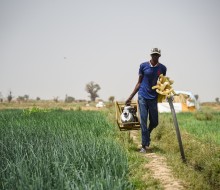
Master GIRE – Mali

-
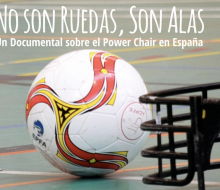
The Alhambra Lions

-

Interactive study trip to Rwanda

-

El secreto de la luz

-
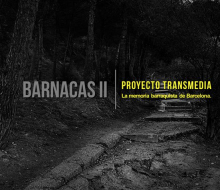
BARNACAS

-

Common Denominator

-
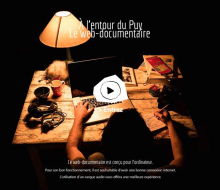
A l’entour du Puy

-

Water for Iraq

-
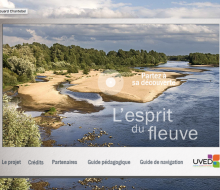
L’esprit du fleuve

-

DE\GLOBALIZE

-
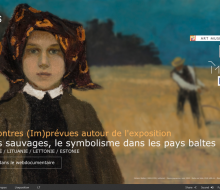
Âmes sauvages. Le symbolisme dans les pays baltes

-
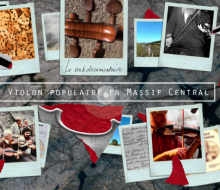
Violon Populaire en Massif Central

-
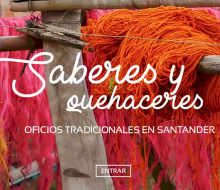
Saberes y Quehaceres

-
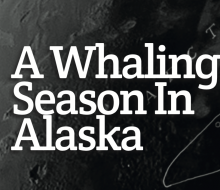
A Whaling Season in Alaska

-

Retiro Retratos

-
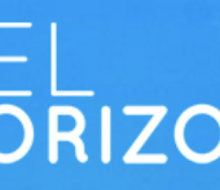
Bel Horizon

-

Ville de Québec, L’autre Visite

-

Criées citoyenne

-

Elderscapes. Ageing in Urban South Asia

-

L’école de la course d’orientation

-

The Initiativeskreis Ruhr

-

Les arts du récit

-
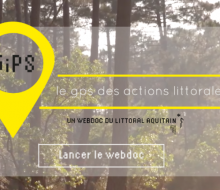
GIPs : le GPS des actions littorales

-

Bixiga Existe

-
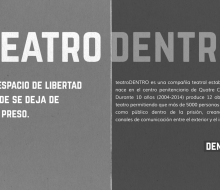
TeatroDENTRO

-

The Good Life

-
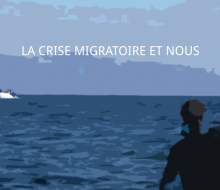
La crise migratoire et nous

-
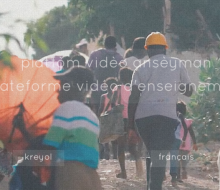
SIMEX

-

Very Lot Trip

-
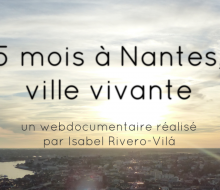
5 mois à Nantes, ville vivante

-
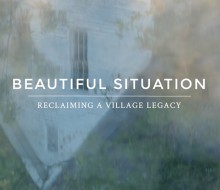
Wayne Hall Project

-
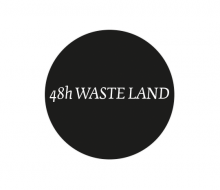
48h WASTELAND

-
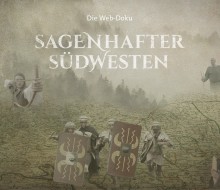
SWR Legendary Southwest – Legends, Myths and Tales

-
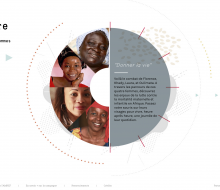
Naître – Le combat des sages-femmes en Afrique

-
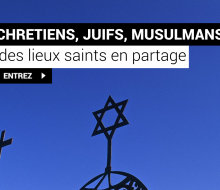
Chrétiens, juifs, musulmans : des lieux saints en partage

-
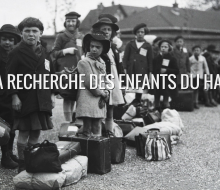
A la recherche des enfants du Havre

-
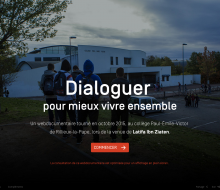
Dialoguer pour mieux vivre ensemble

-

OH BONNE BIERE

-
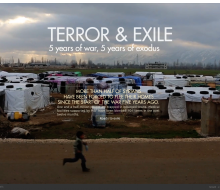
Terror & Exile : 5 years of war, 5 years of exodus

-

Clichés

-
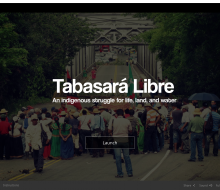
Tabasara Libre

-
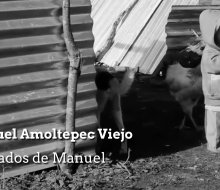
Los olvidados de Manuel

-
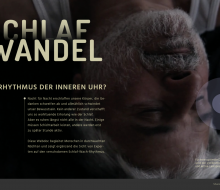
Schlafwandel

-
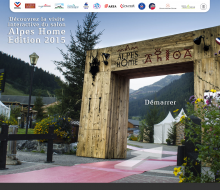
Alpes Home 2015

-

Bruxelles Grand-Place, l’autre visite

-
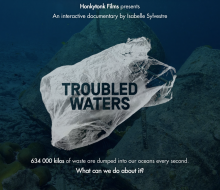
Troubled Waters

-

Bolivia Water War (Italian version)

-

De Zielenzorg van Jefke Tuf (Dutch)

-
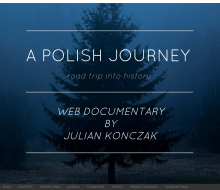
A Polish Journey

-

The MIRUM house studio

-

BUZZ Parasitic Ecologies

-

Karama

-

Find Santa

-

Mentorat Artistique Professionnel

-


-
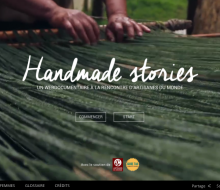
Handmade stories

-
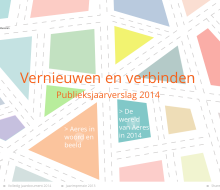
Aeres Group

-
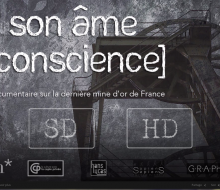
En son âme et conscience

-
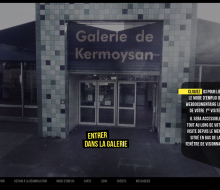
Histoire d’une galerie, histoire d’un quartier

-
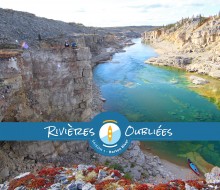
Rivières Oubliées

-

En français dans le texte

-

Destination Francophonie

-

Secrets of the Fifth Estate

-

Les scènes musicales d’aujourd’hui au Vietnam

-
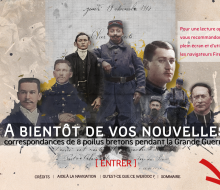
A bientôt de vos nouvelles

-

Pedalei ate aqui

-
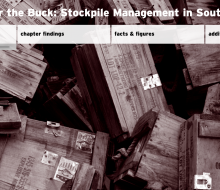
Weapons and the world

-
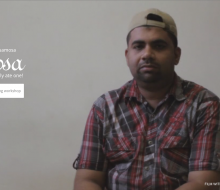
The Man who sells Samosa and you most probably ate one!

-
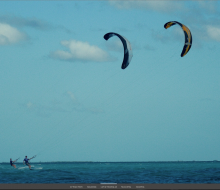
THE HOBBY BETWEEN US

-

Promotion du mois de la gastronomie en Lituanie

-
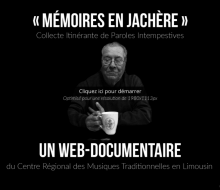
Mémoires en jachère

-
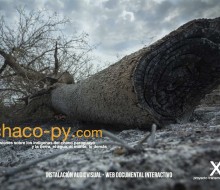
Chaco-Py

-
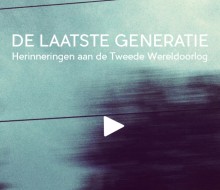
De Laatste Generatie

-

Gaza Confidential

-
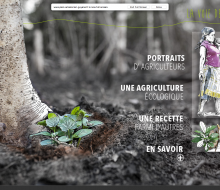
LA VOIE DE L’ABATTIS

-
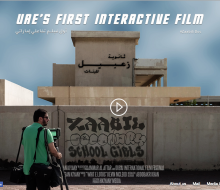
ZaabiliDoc

-
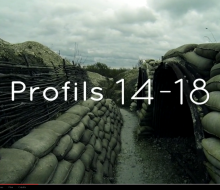
PROFILS 14-18

-
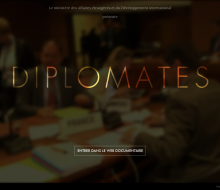
DIPLOMATES

-

L’ombre du temple solaire

-

Aeres Groep Annual Report

-

Breaking Bayern

-
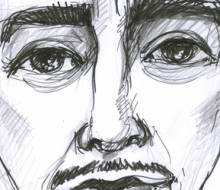
Romain Gary

-

Sapeur-pompier + volontaire = moi aussi

-
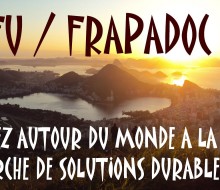
WIFU

-

Le fantôme de Maracanã

-

Fusillés pour l’exemple, l’ultime combat

-

Racontez-moi le Parlement fédéral

-

Shok Doktrine

-

Le Monde de l’Opéra de Lyon

-
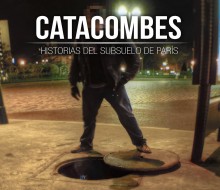
Catacombes

-

L’Alouette, plus qu’un restaurant…

-
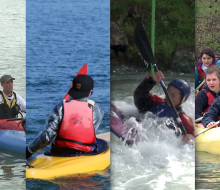
L’école de la pagaie

-
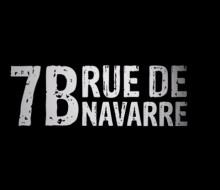
7 bis Rue de Navarre

-

Lola rennt

-
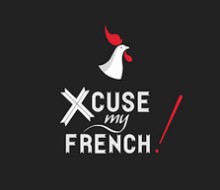
Xcuse my French!

-

Arbat 520

-

Medals

-
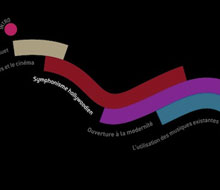
Musique classique et cinéma

-
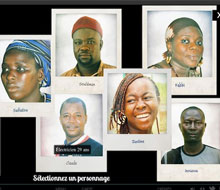
Le Togo à la lettre

-
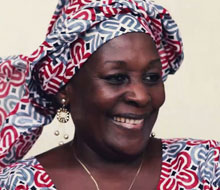
Wassa

-
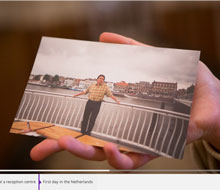
Striving for a new future

-
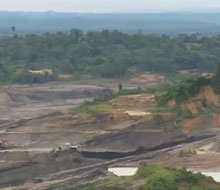
Dirty Money

-

Wie Es Euch Gefällt ?

-
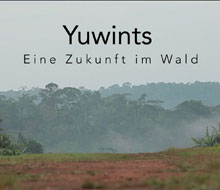
Yuwints, eine Zukunft im Wald

-
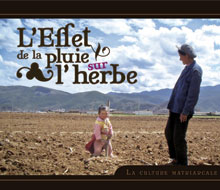
L’effet de la pluie sur l’herbe

-

“Under 16”: Teen Motherhood in Russia

-
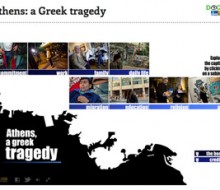
Athens a greek tragedy

-
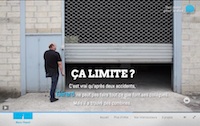
Des mots pour le dire

-

Ramazzan Letteri

-

Les impatientes

-

Alcamo a cinque stelle

-

David Toutain

-
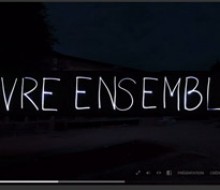
Vivre ensemble

-
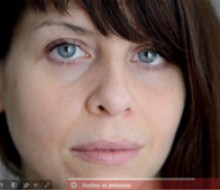
Parlons français !

-
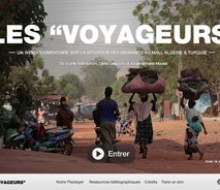
Les voyageurs

-
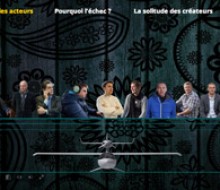
Instinct de survie

-

Iran nuclear program

-

Tour (et détours) de France

-

En passant par la Lorraine

-

Autour de l’aéronef

-

Les présidents

-

La longue marche des indiennes

-
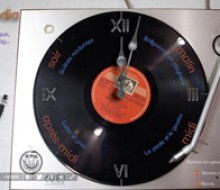
Harmonindia

-

Country Spirit Cottages

-

Billet retour à Syrte et Misrata

-
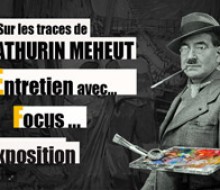
Sur les traces de Mathurin Meheut

-

MasterClass Forum des Images

-
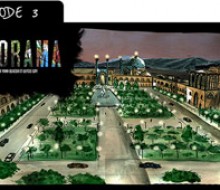
Iranorama

-
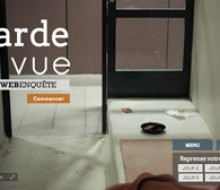
Garde à vue : la web-enquête

-

Dans les rues de Babazouk

-

Billet retour à Bagdad

-

Billet retour à Monrovia

-

Versailles L’autre visite

-

Racontez moi votre faillite

-

Pionniers et âge d’or

-
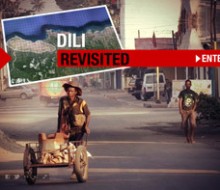
Dili revisited

-
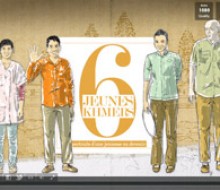
6 jeunes khmers

-

Cyber Soldats Syrie

-
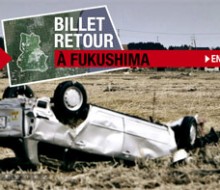
Billet Retour à Fukushima

-
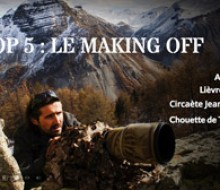
Mercantour sauvages

-

Voyage en aquitaine

-

Votre langue e(s)t le Français

-

Brokentrack : Egypt

-

2300 miles of America

-
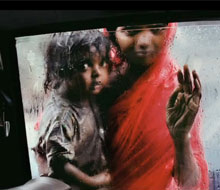
Steve McCurry

-
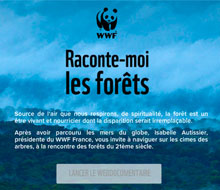
Raconte-moi les forêts !

-

Inside Beijing

-
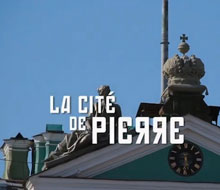
La Cité de Pierre

-
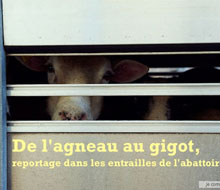
De l’agneau au gigot

-
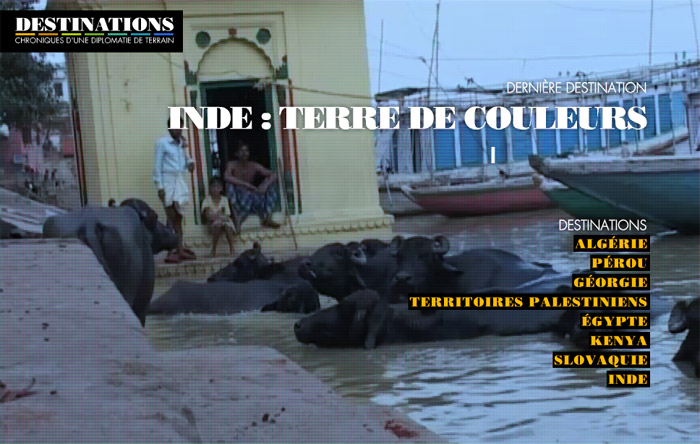
Destinations, Chroniques d’une diplomatie de terrain
